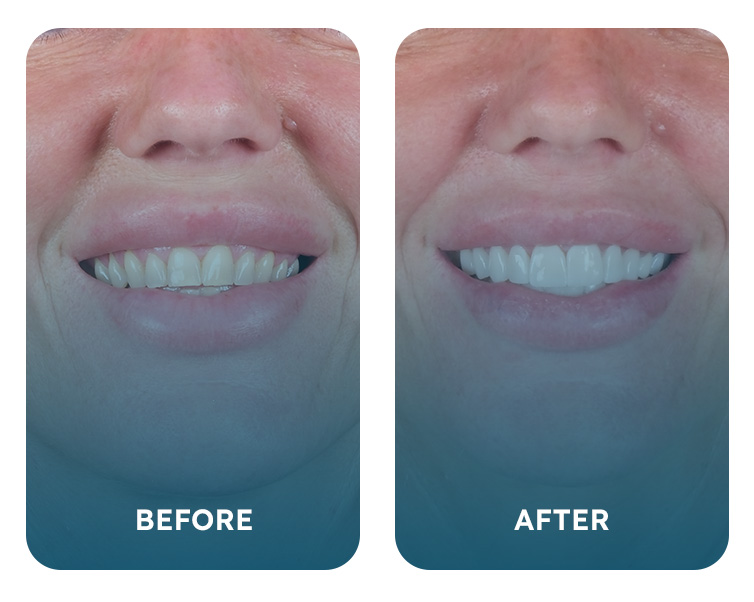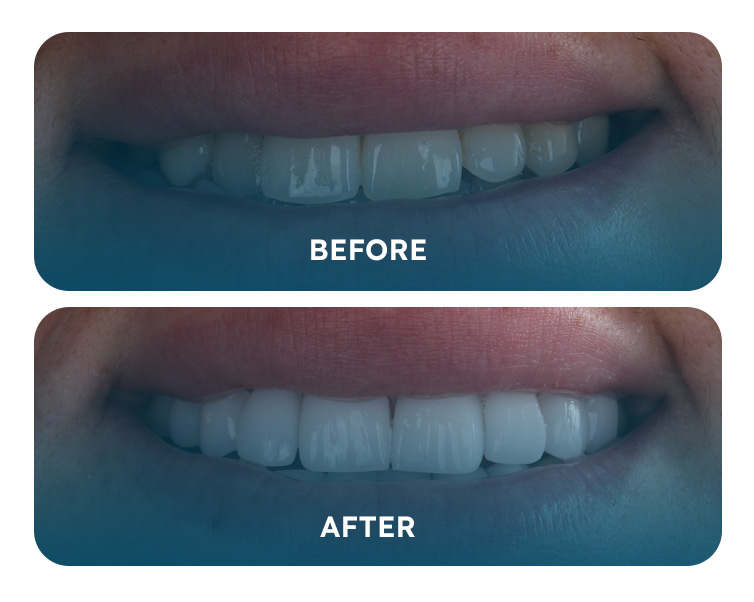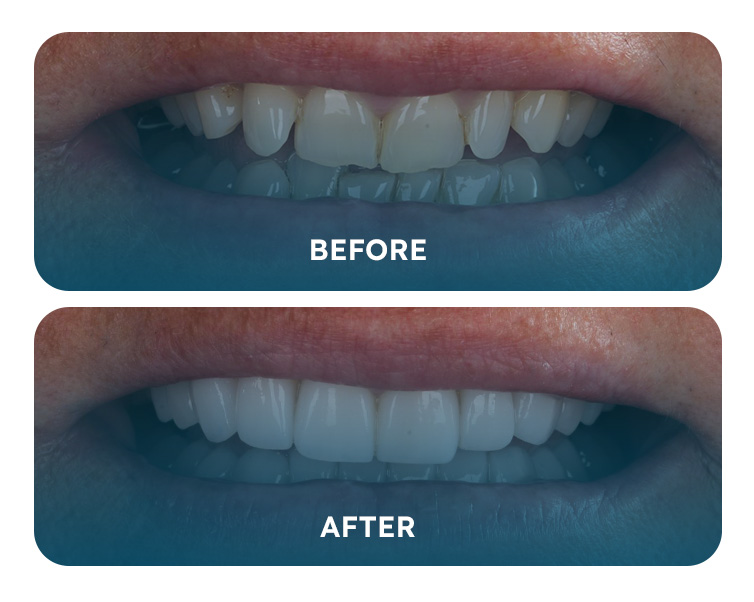Dental Veneers in Turkey
Refine Your Smile. Correct Imperfections. Reveal Natural Beauty.
If you’re seeking to enhance your smile without major surgery, dental veneers offer a fast, effective, and long-lasting cosmetic solution. At Clinic Phaselis in Antalya, we specialise in custom veneers in Turkey designed to cover imperfections, correct damage, and create a flawless, radiant smile that still looks naturally yours.
Dental veneers are thin, durable shells made from materials such as zirconium, porcelain, ceramic, or composite resin. These are carefully bonded to the front surface of your teeth to correct issues such as:
- Worn or uneven teeth
- Discolouration and staining
- Gaps between teeth
- Minor cracks, chips, or fractures
- Misshapen or small teeth
- Teeth affected by decay or old fillings
Veneers are not only a cosmetic treatment — they can also restore volume and strength to weakened teeth, especially when damage is due to trauma or decay. Each smile is different, and so is every veneer treatment plan at Clinic Phaselis. From subtle refinements to full smile transformations, your treatment will be fully tailored to your aesthetic goals and dental health needs.
What to Know Before Getting Dental Veneers
- Veneers require proper oral hygiene — brush twice a day, floss daily, and maintain regular dental check-ups.
- They are durable, but avoiding hard foods (e.g. hazelnuts, walnuts) can help protect them from damage.
- Mild gum sensitivity or tingling is normal in the first few days and can be managed with pain relief if needed.
- A temporary sensation of having something foreign in your mouth is common but fades within 1–2 weeks.
- You can typically start eating 1–2 hours after veneer placement, following your doctor’s advice.
- Pre-treatment includes professional cleaning, which may cause mild gum bleeding for 1–2 days.
- Please disclose any chronic conditions or concerns during your consultation so we can ensure safe and effective care.
At Clinic Phaselis, your veneer treatment will be delivered by expert cosmetic dentists in multidisciplinary, internationally accredited facilities. With advanced techniques, personalised planning, and the highest medical standards, we create refined, long-lasting smiles designed to boost both your confidence and dental health.









